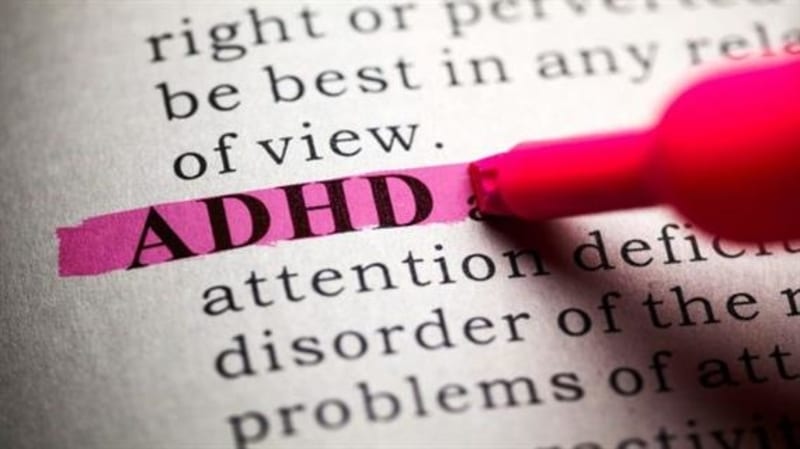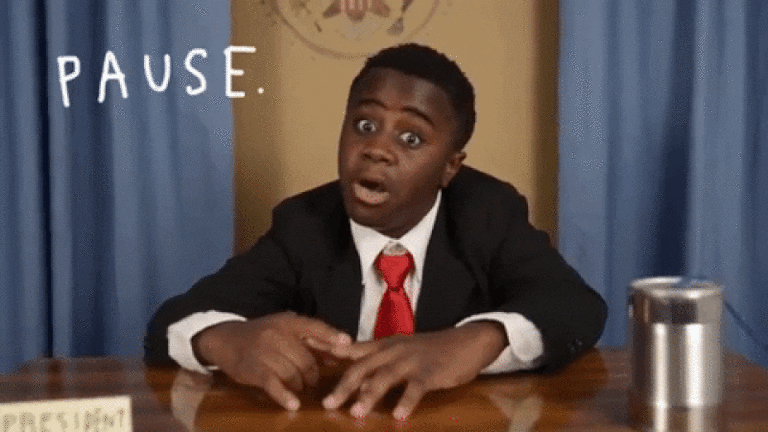As teachers, we naturally seek to help our students with special needs, but sometimes it’s harder to admit when we need help ourselves. Recently, teacher Becky wrote to the WeAreTeachers Helpline:
“I am going to be very honest with you all. I have ADD. Who here has a similar ‘disability’? I used quotes because I don’t look at this label as one that can disable me from accomplishing anything I want. How do you function successfully at your jobs? I guess what I mean to say is, what hacks do you have or use that make you a productive educator that evens out the playing field with other teachers?”
Our awesome community of Helpliners responded with their tips and advice. Here’s what they said.
1. Own your disability.
“First of all, ADD is a disability. Don’t put it in quotes. You can compensate, but it’s there, and to minimize it isn’t necessary. Own it. Think about your students. ADD isn’t an excuse, it’s a reason that things are different for them. Same for you. Think about where your struggles are. Make solid lesson plans and know them. Designate a set time to organize and reflect and make a list. Good luck!” —Liz M.
2. Get organized.
“Organization!! I have to be organized and structured to level the field.” —Vicky A.
“Organization in key areas is important. Also, aural entrainment for me and the kids is essential. Always have a fallback plan!” —Adriane G.
“I have ADHD and take my meds every morning. I teach second grade. It’s truly a blessing that I can relate to my students’ world! Lists are my life. I also do brain breaks with my students to help all of us stay on track. Go Noodle is wonderful!” —Betsy S.
3. Figure out what you need to be successful and make sure you have it.
“I have ADHD. I wasn’t diagnosed as a child, so I just figured out how to cope. I always have stress balls, Play-Doh or some sort of toy with me at meetings. I have a rubber duck on my school keys so I can’t even get caught unaware in the hallway. I allow myself time-outs when I need them, even if it’s the middle of class (I have no problem telling my students I need a quiet moment because my brain is overloaded. I’ve never had a group disrespect it). My office is a disaster and my colleagues know that I have my own system, so they leave it alone. The biggest downfall is when my students realize it’s ‘one of those days,’ and they distract me so we don’t get anywhere near my lesson plans. I don’t consider them wasted days because we end up having great discussions usually. But I have to keep an agenda on the board or who knows what we’ll be doing.” —Andrea L.
4. Allow your disability to inform your teaching practice.
“I have ADHD and teach kids in World History just like me. That’s one of the biggest reasons my kids like me. I also teach psychology, where we learn about ADHD, and I speak about experiences. I think for my students this makes me more approachable because I really understand their struggle. It also changes my classroom-management style. My class sometimes runs crazy because I get sidetracked, but it’s a good brain break.” —Mandie S.
5. Allow yourself to relate to your students.
“I actually think it is an advantage over some teachers. We can relate and understand our ‘harder to teach’ students.” —Rebecca C.
“I am ADHD, LD, deaf, visually impaired and use crutches/wheelchair. My biggest issues are doing lesson plans. I am fine with unit plans, but day-to-day plans just make me crazy. I sometimes struggle with materials from other teachers as a SPED teacher and this year sub. I also sometimes struggle to understand students. Mostly I do well with things. Overall, it is a challenge, but it is a great way to help students see that they can do it!” —Shauna N.
“I have ADHD, dyslexia, and dyscalculia … it all helps me relate better to my students. I also have a Ph.D. in the sciences, so I am living proof that those differences can be overcome. Some days are better than others and my desk is a disaster, but I have my ways that work. I take pictures of my white board at the end of the day to record what we actually did … because it never really matches what I started out the day planning to do.” —Alyce H.
“I think for many students, it helps us connect. I work with lots of teachers on how to help our ADHD students, and I talk to the students about how I cope and help them find solutions for them. I work with all my students to get them to advocate for their needs in an appropriate manner, and I fight for them when they don’t get what they need the first time they ask. Also, I have fun with it. I accept who I am and laugh at the silly things I do.” —Andrew M.


